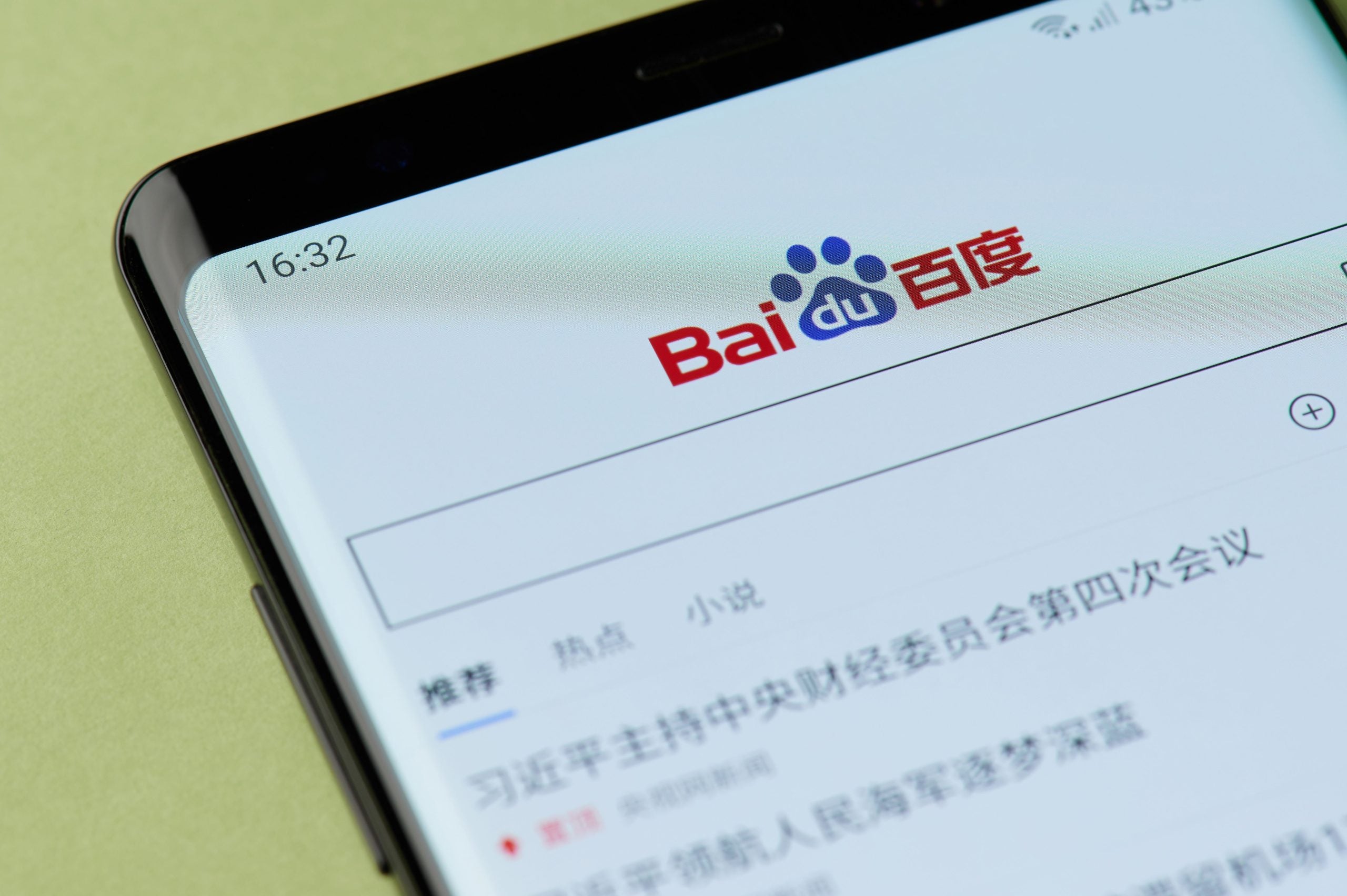
Baidu’s Robin Li, founder of the Chinese tech giant, revealed the latest version of its Ernie 4.0 generative artificial intelligence (GenAI) model at a tech event in Beijing on 17 October.
CEO Li emphasised the integration of GenAI into all of Baidu’s products, including Baidu Drive and Baidu Maps, which now allows users to use natural language queries.

Access deeper industry intelligence
Experience unmatched clarity with a single platform that combines unique data, AI, and human expertise.
Baidu claimed Ernie 3.5 exceeded “ChatGPT in comprehensive ability scores”, in a July statement.
Li also showed a demonstration of the model creating advertisements and writing a novel, highlighting its memory capabilities.
Baidu is one of several other companies to release AI chatbots after receiving approval on 31 August from Beijing. Chinese companies wishing to publish mass-market AI products must submit assessments before receiving regulatory approval from Beijing.
China, with at least 130 large language models (LLM), represents a significant portion of the global total, second only to the United States.

US Tariffs are shifting - will you react or anticipate?
Don’t let policy changes catch you off guard. Stay proactive with real-time data and expert analysis.
By GlobalDataAccording to data from research firm GlobalData, the US has far outpaced China on GenAI patents filed in the last year between August 2022 and August 2023. During this period, the US has filed 45,253 patents compared with China’s 9,005.
Domestically, Baidu is competing with models released by Tencent, which launched its (LLM) “Hunyuan” in September 2023, and Alibaba, whose model launched in August 2023.
US restrictions on semiconductor exports to China, in an effort to curb the country’s AI ambitions, have prompted Beijing to launch a new state investment fund which hopes to raise $40bn for its semiconductor chip sector to bolster internal AI development.







